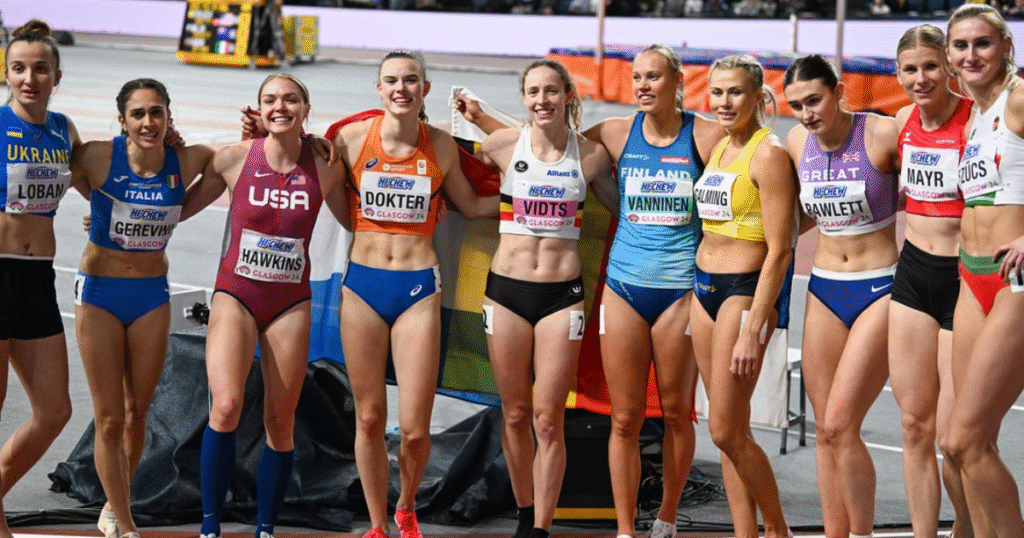Women’s Sports 2025 is transforming into one of the fastest-growing sectors in the global sports economy. With rising investments digital engagement and stronger policies supporting gender equality women’s sports are finally gaining the recognition they have deserved for decades. In 2025, federations brands and broadcasters are focusing on expanding opportunities delivering better platforms and creating a sustainable ecosystem for women athletes and fans worldwide.
The Growth Wave in 2025

The global sports landscape is changing rapidly and Women’s Sports 2025 is positioned at the heart of this evolution. Increasing sponsorship deals equal pay movements and larger stadium audiences are accelerating momentum. Sports organizations are finally prioritizing women’s leagues giving them prime time events stronger branding and professional pathways that previously never existed.
Media Coverage and Digital Expansion
One of the biggest drivers of Women’s Sports 2025 is digital media. Streaming platforms and social networks are giving women’s sports visibility without relying only on traditional television. More highlights behind-the-scenes content and real time fan engagement are creating emotional connections with audiences. This media exposure is directly increasing revenue and market value for women’s leagues.
Technology and Performance Analytics

Innovation is reshaping training standards. Women’s Sports 2025 is heavily influenced by sports technology such as AI based training systems injury-prevention tools wearable sensors and performance analytics. These advancements allow women athletes to train smarter avoid long term physical stress and optimize every movement. As technology becomes more accessible women’s sports are becoming more competitive and exciting than ever before.
Economic Opportunities and Sponsorships
Brands are realizing the long-term commercial value of investing in women athletes leagues and tournaments. In Women’s Sports 2025 sponsorship deals are increasing because companies want authentic storytelling fan loyalty, and positive brand reputation. By backing women’s sports brands connect with a more diverse and socially aware audience.
Equality and Policy Support
Stronger policies are one of the reasons Women’s Sports 2025 is moving forward. Federations and governments are introducing reforms to ensure fair pay safety maternity protection and equal access to training facilities. These steps are creating a respectful and sustainable environment for female participation in sports.
TABLE — Key Growth Factors in Women’s Sports 2025
| Factor | Impact |
| Digital Media | Increased visibility and global fan reach |
| Sponsorship | Higher funding and branding value |
| Technology | Better training and performance |
| Policies | Fair opportunities and protection |
| Audience Growth | Stronger market demand |
Global Audience and Fan Engagement
Younger audiences, especially Gen-Z and Millennials are supporting women’s sports more than any generation before. Social media challenges, fan communities, and interactive content are turning audiences into loyal followers. This shift is one of the strongest foundations of Women’s Sports 2025.
Conclusion
Women’s Sports 2025 represents a turning point in sports history. With rising investments stronger policies powerful technology and expanding fanbases women’s sports are no longer a side category. They are a global movement that will continue to accelerate inspire and dominate the future of sports.
FAQs
Why are women’s sports growing fast in 2025?
Because of digital expansion sponsorship growth and stronger equality policies.
How is technology helping?
Wearables AI analytics and smart coaching tools are improving performance and safety.
Are brands investing more in women’s sports?
Yes, sponsorship value is increasing due to higher visibility and fan loyalty.
What role does media play?
Media gives constant exposure and global reach through streaming and social platforms.
Will this growth continue beyond 2025?
Yes the economic structure and audience demand show long term sustainability.